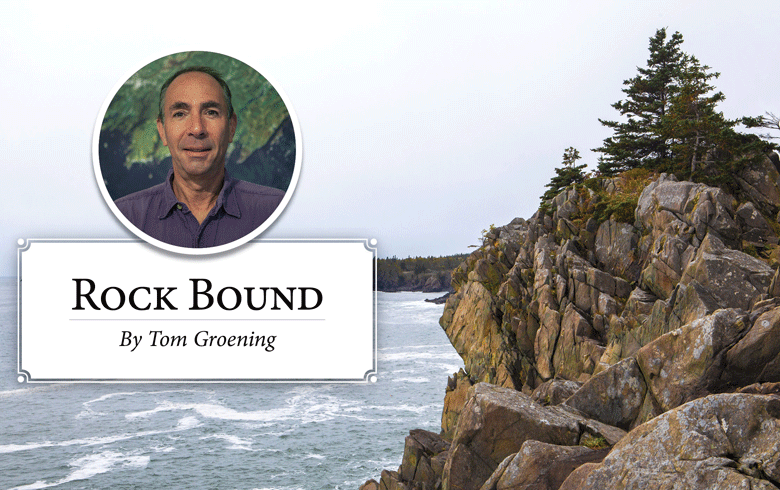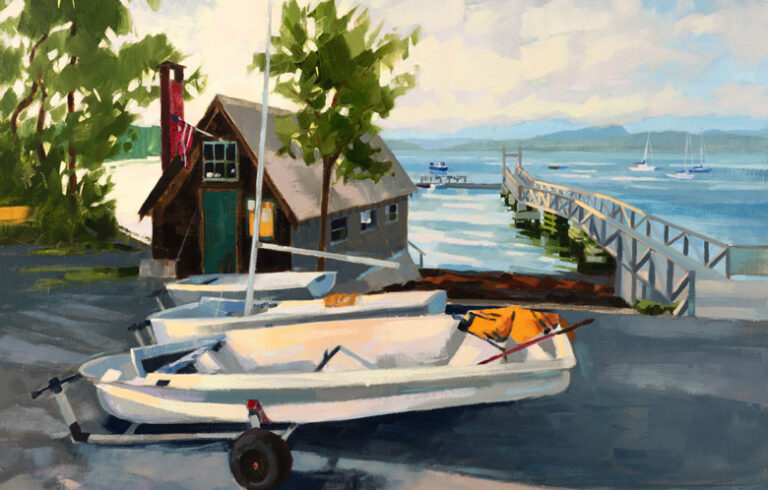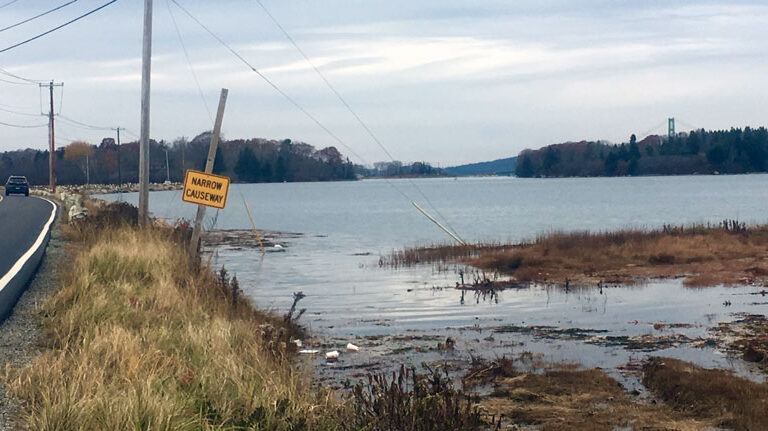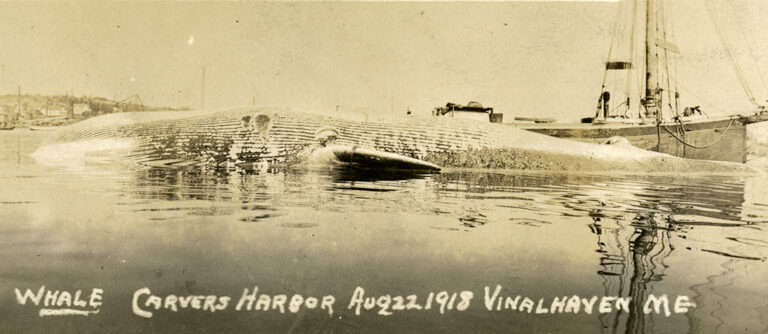This, the December/January issue of The Working Waterfront, prints between a couple of holidays that are sort of related—Indigenous Peoples Day and Thanksgiving. The history embedded in these dates is worth reflection, especially as our understanding of it has evolved in recent years.
The 500th anniversary of Columbus arriving in the New World, marked in 1992, triggered a major reconsideration of his status in American culture and history. Back then, now more than 30 years ago, stories that I and others wrote about people who argued that Columbus was no hero to be venerated, may have elicited some eye rolls. Not so much now. He enslaved Native people and reputedly allowed them to be raped and tortured by his crews.
Columbus never got beyond the Caribbean in his voyages, but here in New England, patterns of interaction between Europeans and Native peoples were established; some of it morally sound, most of it not.
The fragile peace negotiated between colony founder William Bradford and Wampanoag leader Massasoit wasn’t guarded by the generation that followed.
Samoset, for whom a resort in Rockport is named, and Squanto are honored because of the roles they played in helping sustain the Plymouth Colony. Both spoke some English; Samoset because he interacted with English fishermen in the Gulf of Maine, and Squanto because he was a victim of European abduction.
The latter fact alone should stand larger in American history than Columbus’ entrepreneurial and opportunistic voyage, that early European visitors to North America regarded the Native peoples as they did an interesting plant specimen worth plucking and taking home. Squanto was sold in Spain by his English captor, but eventually made it back to New England.
Nathaniel Philbrick’s Mayflower is an insightful look at the establishment of the Plymouth Colony and what came to be known as King Philip’s War, in which Native and European people fought, with a third of the colonists dying and the Massachusetts-based tribes decimated.
Philbrick concludes that the fragile peace negotiated between colony founder William Bradford and Wampanoag leader Massasoit wasn’t guarded by the generation that followed. Even though “King” Philip—a Native leader who converted to Christianity, hence the name—embraced some European culture, the colonists failed to understand his opposition to their encroachment on the tribe’s land.
I’ve written before in these pages about how settlers in Maine—a century later—were rewarded with payment for killing Native people here.
And in my lifetime, the horrors continued: removing children from their family and placing them foster homes; denying many civil rights, including voting; and one sad fact I recently learned, that Native students were denied housing in University of Maine dorms.
So Columbus Day has become Indigenous Peoples Day, at least here in Maine. And celebrating on Thanksgiving the help Native people provided to colonists must be tempered with the knowledge that it was the beginning of the end for a way of life for the tribes.
Is there a way forward?
A conflict that remains here in Maine is the understanding of tribal sovereignty. After the land claims settlement deal in 1980, Maine’s tribes have asserted that they are a nation within a nation. State officials counter that the tribes—the Wabanaki Alliance, which includes the Passamaquoddy, Penobscot, Mi’kmaq, and Maliseet—are more like municipalities, with all the home-rule authority that comes with that governance.
Dialogue on those differences has not resulted in resolution. Interestingly, Maine voters approved on Election Day a measure that means treaties with the tribes will be part of the state constitution.
A larger, less defined issue is how our Native neighbors can have access to the same economic opportunities most of us enjoy. Economic success is, of course, tied to education, social services, health care, and housing. We as a state can do much more on these issues.
Lastly, Native people try to balance maintaining their culture and traditions with access to mainstream amenities. We must be sensitive to and patient with this, and what we hope is the last phase of reconciling with our past sins. When we do, we will truly have something for which to give thanksgiving.
Tom Groening is editor of The Working Waterfront. He may be contacted at tgroening@islandinstitute.org.





